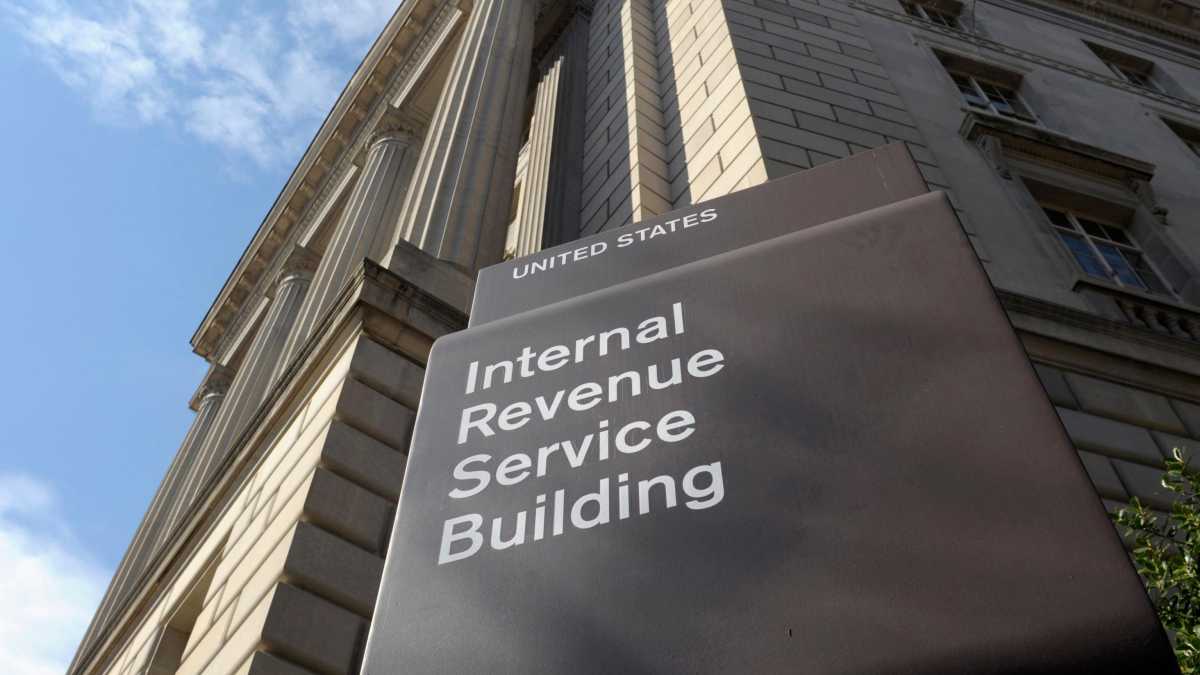Politics
Former IRS Contractor Sentenced to Prison for Unauthorized Disclosure of Tax Returns

A former contractor at the Internal Revenue Service (IRS) has been sentenced to five years in prison for unlawfully disclosing thousands of taxpayers’ tax returns. Charles Littlejohn, who used to work for the IRS as a consultant, abused his position by leaking federal tax returns and other confidential financial information to news organizations, resulting in a violation of his duty to protect sensitive data.
The sentencing, which was delivered by Acting Assistant Attorney General Nicole M. Argentieri of the Justice Department’s Criminal Division, serves as a strong message that individuals who violate laws designed to safeguard tax information will face significant penalties.
According to court documents, Littlejohn, based in Washington, D.C., accessed tax return information associated with a high-ranking government official (referred to as Public Official A) while working at the IRS. Employing search parameters that masked his true intent, he retrieved the tax returns from the IRS database and uploaded them onto a private website to avoid detection by IRS monitoring systems. Littlejohn then saved the stolen tax returns to multiple personal devices, including an iPod, before contacting News Organization 1 to share the information. From August to October 2019, Littlejohn provided News Organization 1 with the tax return details linked to Public Official A and continued supplying them with additional tax return information later on.
The theft expanded beyond Public Official A when, in July and August 2020, Littlejohn obtained tax return information for thousands of affluent individuals in the United States. Once again, he eluded detection by uploading the tax returns to a private website. In November 2020, Littlejohn disclosed this recent cache of tax return information.
Acting Inspector General Heather Hill of the Treasury Inspector General for Tax Administration (TIGTA) emphasized the consequences of Littlejohn’s actions, stating that the sentence should serve as a warning to potential individuals considering similar misconduct. Hill expressed TIGTA’s commitment to combating unauthorized access and disclosure of taxpayer information, regardless of the perpetrator’s motives. TIGTA commended the Public Integrity Section of the Justice Department’s Criminal Division and the U.S. Attorney’s Office for their efforts in bringing accountability to those who exploit positions of public trust.












